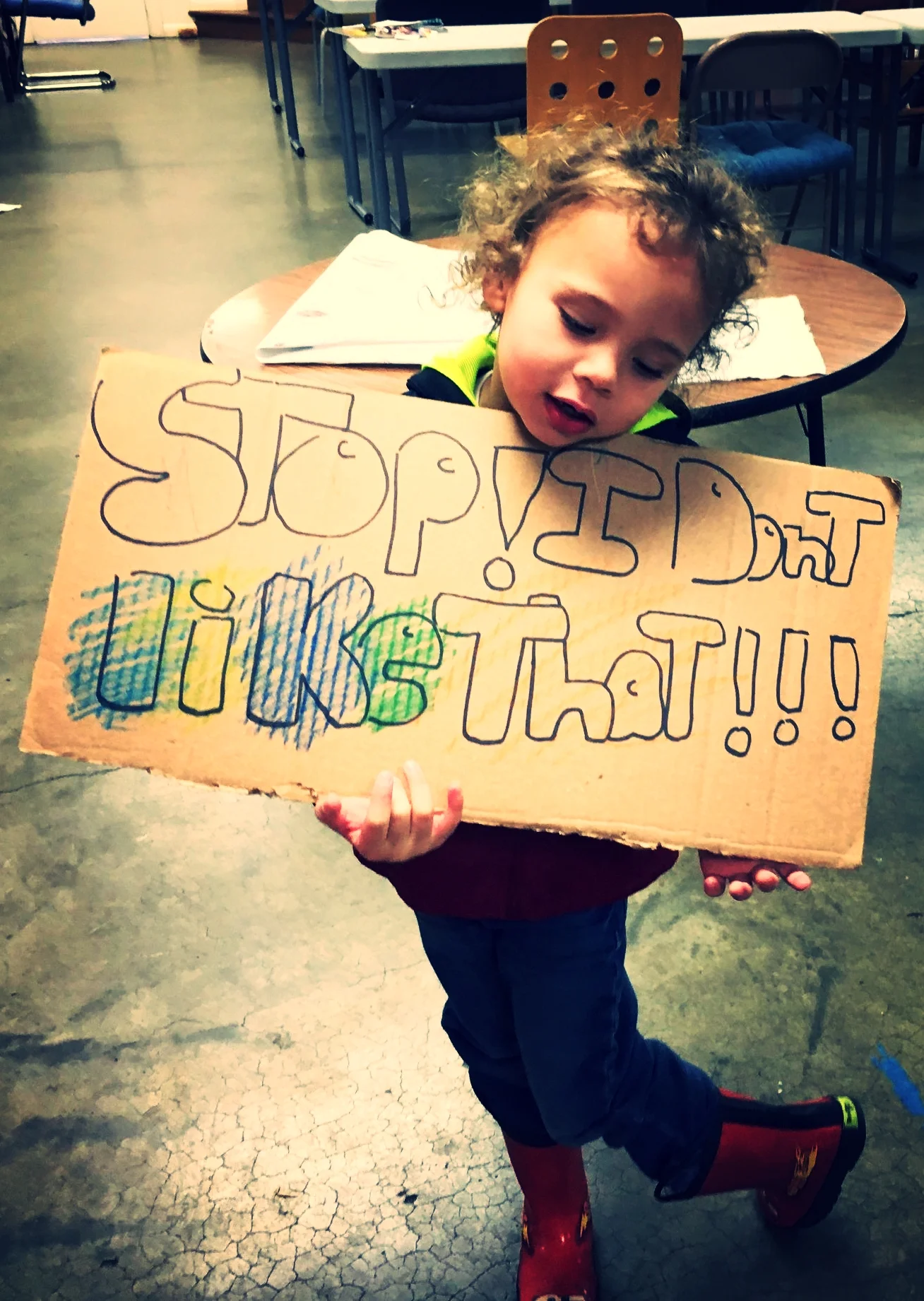The rock-and-a-hard-place reality of being a parent advocate
/It’s a strange thing, trying to advocate for equitable public schools as a parent of current students.
America’s system of public schooling is a monolith, an absolute Titanic of bureaucracy with such weight behind its inertia that it can at times seem immovable.
In Seattle, for instance, our opportunity gaps along racial and socioeconomic lines have worsened despite 70 years of awareness and lip service. What are we supposed to do knowing that?
On the one hand, short-sighted, short-term thrusts aren't going to lead to the lasting systemic change we need. On the other hand, incremental, long-term plays won't have much impact on my kids, who are, you know, here right now.
The whole dynamic sticks parent advocates pretty firmly between a rock and another rock.
What do we do with this tug-of-war reality? It certainly has my views evolving. What once felt like unthinkable hypocrisy — advocating for more equitable public schools while exercising the privilege of choice with my own kids — seems now also like an acknowledgement of the duality we face.
If the systems around us aren’t going to change, we need to admit that to ourselves and chart a new course that acknowledges what we’ve come to understand. Or we must understand that our hypocrisy is real — and contributing to the very problems we wish to resist.
Nothing matters more than how we live on a day to day basis. My thoughts and values aren't enough. My dissenting beliefs aren’t enough. They’re less than nothing, in fact, unless they’re given life by action.
There is no time left to resist. To resist subtly acknowledges a need for permission. I don't need anyone's permission to live according to what I believe is right and wrong.
Rather than resist, we need to simply opt out — to change what we do on a day-to-day basis, and what our children do. We need to spend our resources — especially our time and money — only in ways that align with our values, and never in ways that contribute to the systems we want to overthrow.
If the system is currently producing unacceptable inequities, we need to change our relationship to the system. We need to dig deep and follow each string to the very end. In what ways am I a contributor to inequity? In which systems of oppression am I complicit? In which am I actively participating?
Things start to change when we stop letting ourselves off the hook. This I believe.
That means the real work can only start with us. At home. In our communities. At work. At school.
Things will change when we recognize that no separation exists between our work and personal lives, between our beliefs and values and actions. We will start to create change only when we put our foot down, say enough is enough, and rise up above the habits and traps and myths and conditioning that keep us complicit and less than free, because we will be creating the change in the only place we truly have power: within ourselves.
We didn’t ask to contribute to these systems, to wake up into them this morning. But we did. What will you do? How far will you go in the name of what you know is right?







